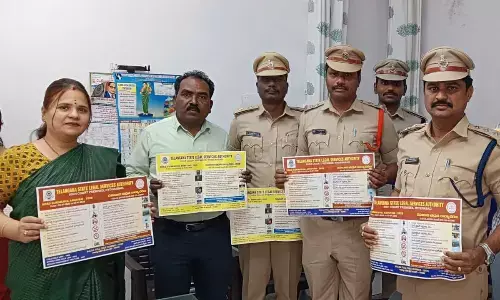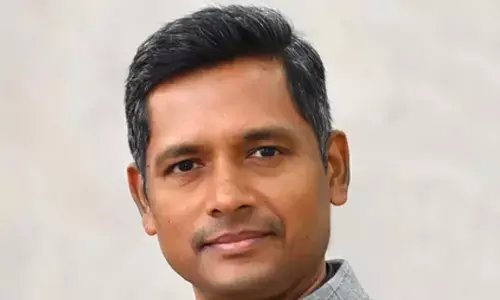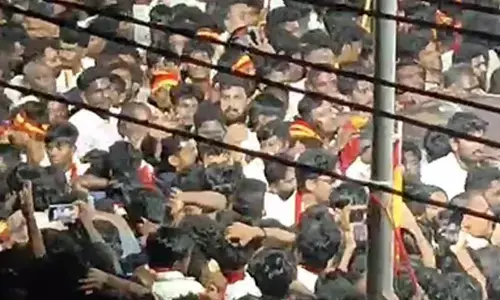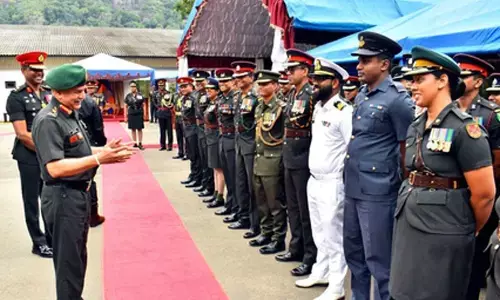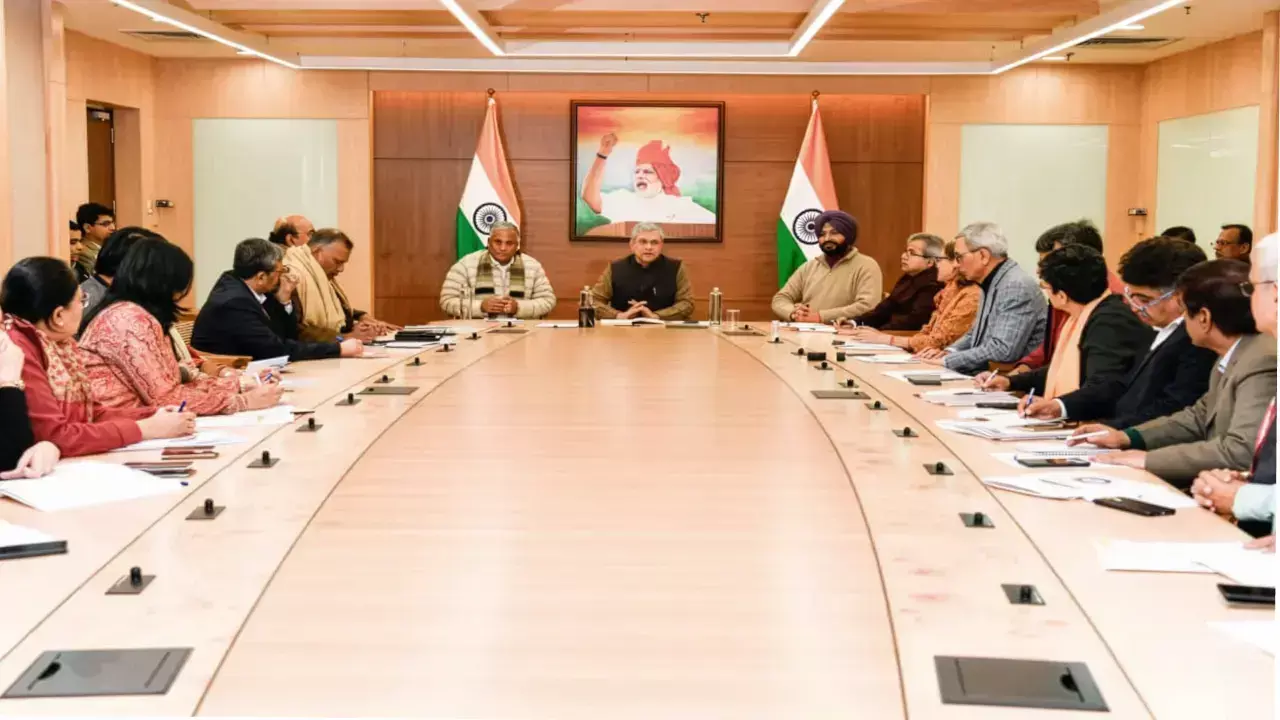'Consider sympathetically': Supreme Court on couple's parole request for IVF treatment to conceive child
Share :
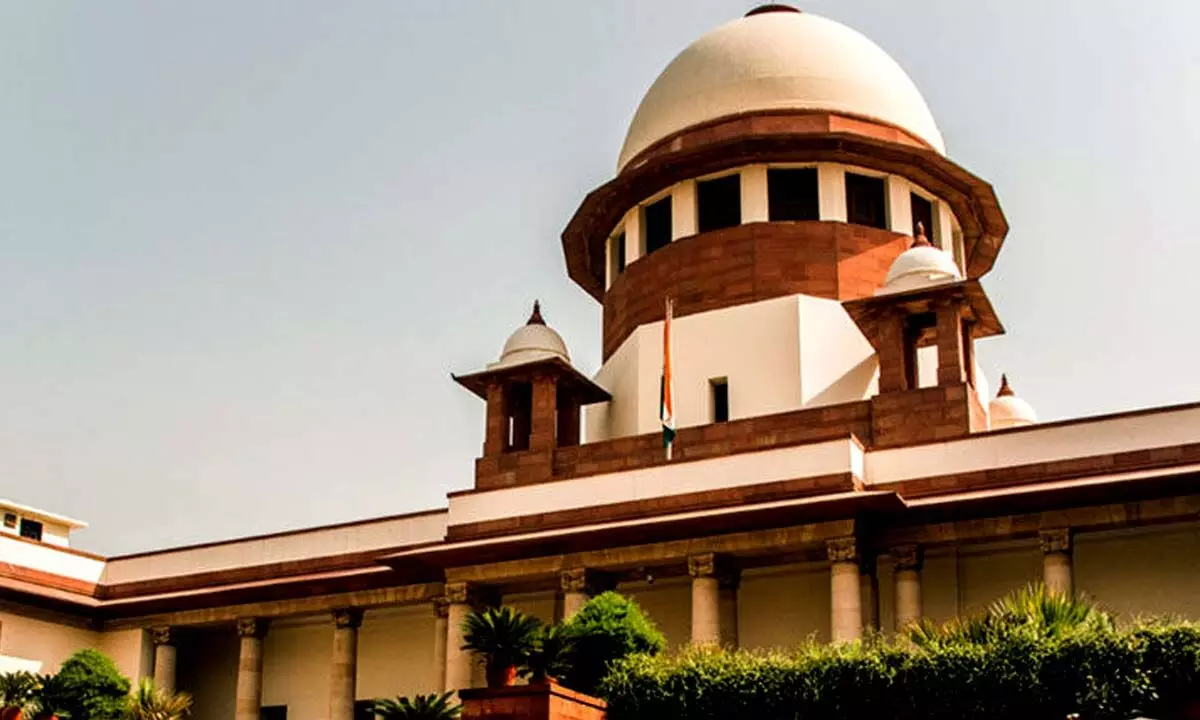
Supreme Court of India
The Supreme Court has asked Rajasthan authorities to "sympathetically" consider a couple's parole request for undergoing medical treatment to conceive a child.
New Delhi: The Supreme Court has asked Rajasthan authorities to "sympathetically" consider a couple's parole request for undergoing medical treatment to conceive a child.
A bench of Justices Surya Kant and J.K. Maheshwari said: "As regard to parole, liberty is granted to the petitioners to apply for the same. The concerned authorities are directed to consider such a request made by the petitioners sympathetically and as per their policy and grant parole to them if there is no legal impediment. Needful shall be done within two weeks from the date of submission of such an application."
The couple is serving life term in an open jail in Rajasthan.
The bench noted that the issue that arises for consideration is whether the petitioners are entitled to be released on parole as the first petitioner is required to take medical treatment to conceive a child. She is stated to be 45 years old and her present husband - petitioner No.2 is around 40 years old, noted the bench.
"It is an open jail. Since petitioner No.1 is getting treatment from Geetanjali Medical College and Hospital, Udaipur, the authorities are ready and willing to shift the petitioners to open jail at Udaipur. It goes without saying that if the petitioners pray for such transfer, appropriate orders shall be passed within two weeks," noted the bench, in its order passed on February 10.
The couple had moved the apex court challenging the order passed in May last year by Rajasthan High Court, which dismissed their plea. The couple approached the high court seeking parole for having IVF (in virto fertilisation) treatment.
The high court, in its order, had noted that the woman already has two children from the previous marriage and petitioners entered into a wedlock while on parole.
Citing that the woman already has two children, the high court had observed that having a child through IVF cannot be considered as an emergent case for release on parole.








